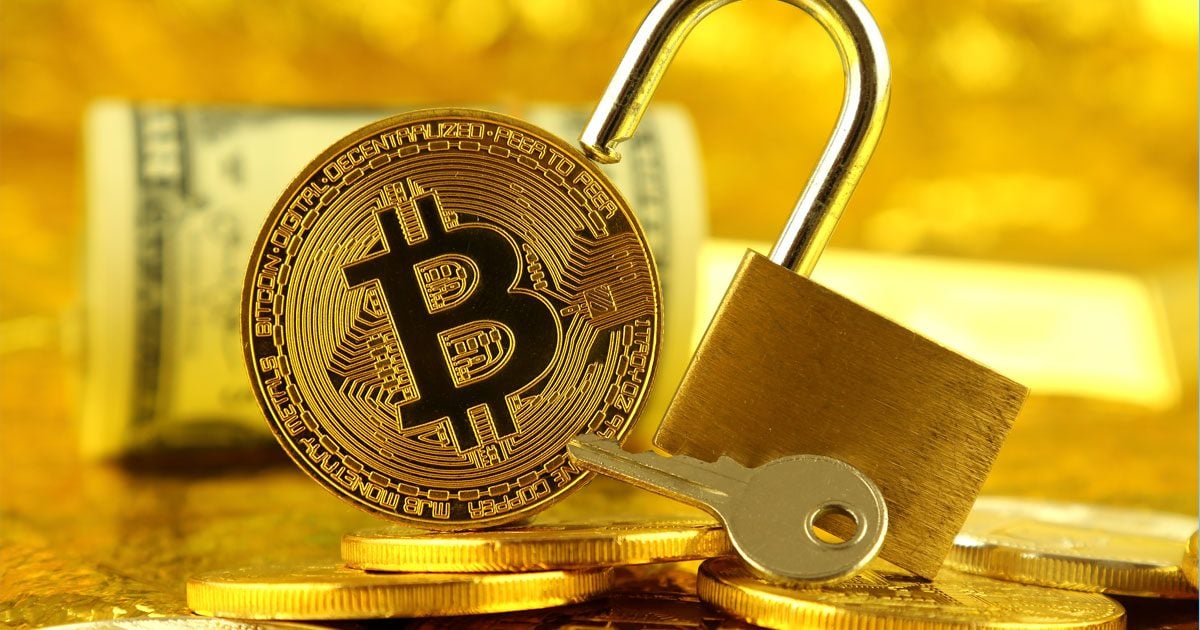3 Rules To Make Sure Your Cryptocurrency Is Never Hacked or Stolen

Almost $1 billion of cryptocurrency has been stolen by hackers and thieves in 2018 alone.
It’s enough to make you think that bitcoin and other cryptocurrencies aren’t safe.
But the real story here isn’t that bitcoin is inherently unsafe. It’s that many people don’t store or manage it securely.
The Bitcoin system is actually one of the most secure inventions of all time. It is only the exchanges, wallets, and apps that use bitcoin that leave security holes open.
With that in mind, here are three rules to make sure your cryptocurrency isn’t compromised or stolen by hackers.
1. The golden rule: never leave your crypto on an exchange
If you buy or sell cryptocurrencies, you need to do so through an exchange like Coinbase, Gemini, or Binance.
The only problem is that crypto exchanges are big targets for hackers.
Almost all the crypto hacks and thefts this year took place at a crypto exchange. For example, $500 million was stolen from the Coincheck exchange. Almost $200 million stolen from BitGrail and $30 million from Bithumb.
Hackers target crypto exchanges because they hold and trade millions of dollars worth of crypto every day.
Unfortunately, most people simply leave their cryptocurrency on the exchange after they buy it.
This is one of the most dangerous things you can do.
If you leave your bitcoin on an exchange, you are trusting that company to look after it. Technically speaking, you don’t even own it, because the exchange holds the private key.
Although it can be convenient to leave it on an exchange, you need to move it off if you want security. But where to?
2. Buy a hardware cryptocurrency wallet
A crypto wallet is exactly what it sounds like, a place to store your bitcoin and cryptocurrencies.
There are various types: software wallets, online wallets, mobile wallets and paper wallets, for example.
My strong recommendation, however, is to buy a hardware wallet.
It’s like a USB drive optimized for storing cryptocurrency. It’s almost never connected to the internet (known as “cold storage”), so it’s very difficult to hack.
The best hardware wallets right now are made by Ledger and Trezor. If you want to know more, Block Explorer recently ranked the 12 best bitcoin wallets with security as the top criteria.
3. Don’t tell anyone you own crypto
This is a simple but powerful piece of advice. If no-one knows you own bitcoin or any other cryptocurrency, they aren’t likely to target you.
If you publicize your crypto holdings on YouTube, Twitter, forums, or even the real world, you run the risk of drawing attention to yourself.
As we explained in a previous post, it’s not impossible to track a person to their bitcoin wallet address. From there, it’s a short step to hacking and theft.
These are simple, easy ways to make sure you don’t find yourself on the wrong side of the next big crypto hack.
Stay safe out there.

